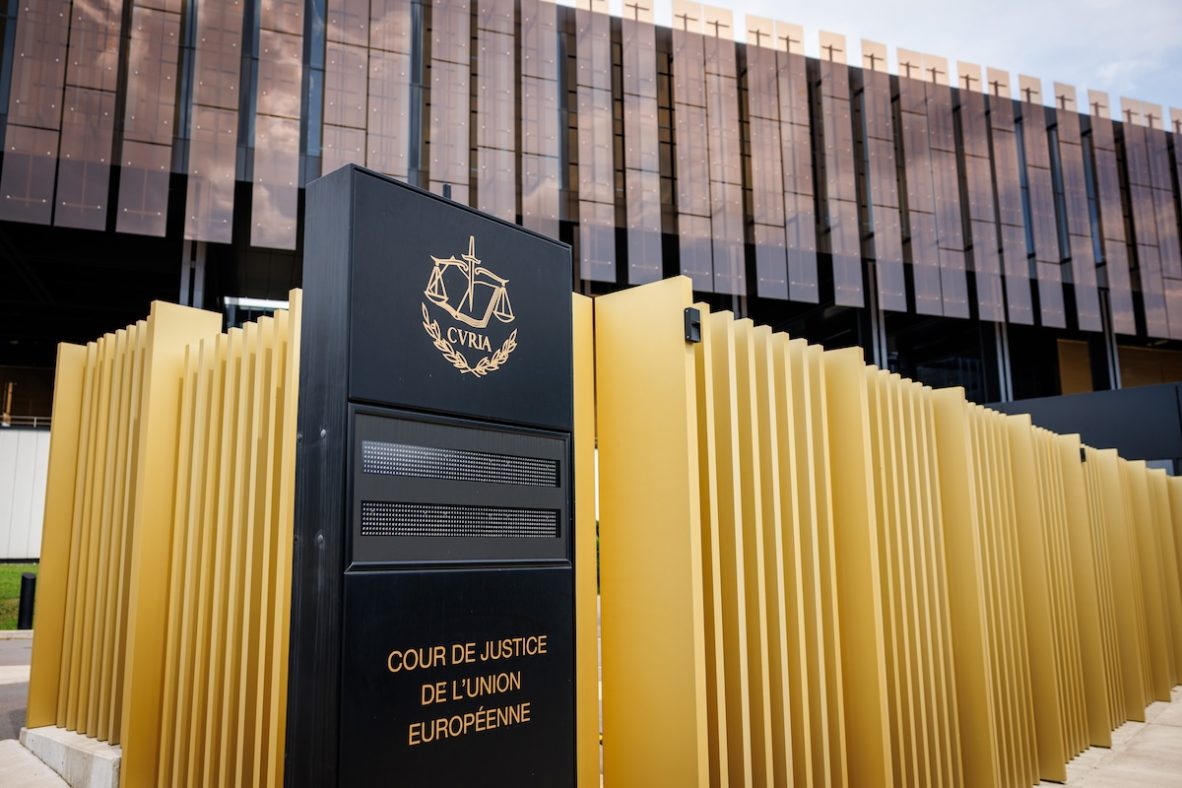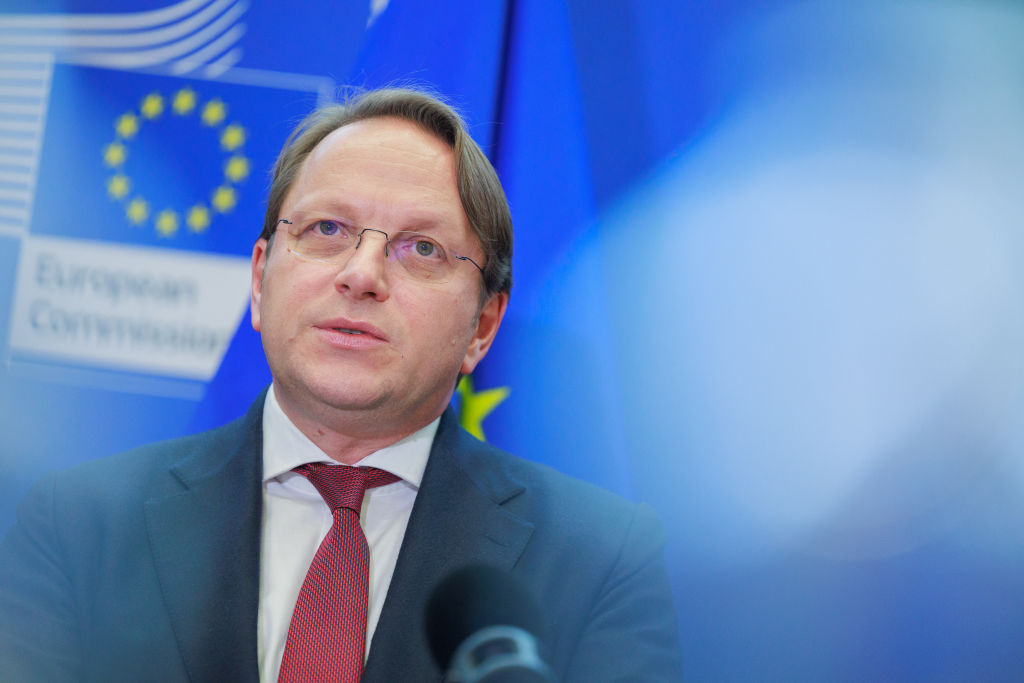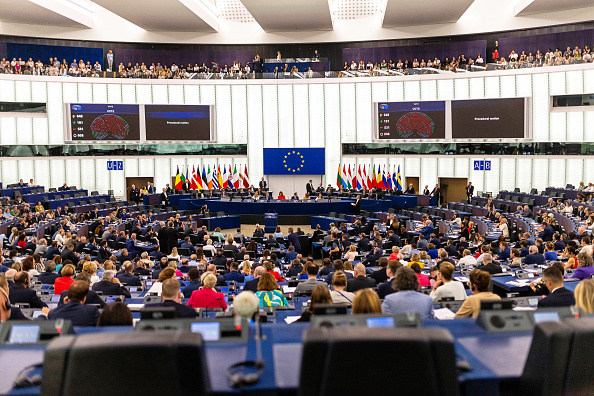A New Chapter in Regional Financial Integration in Europe
Earlier this month, a piece of good news rippled through Southeast Europe: Albania, Montenegro, North Macedonia, and Moldova were admitted to the operations system of Single Euro Payments Area (SEPA), the network that lets a transfer in Tirana zip to Tallinn—or almost anywhere else in Europe—as swiftly and cheaply as a domestic payment.

Consider the plight of a small exporter in Podgorica or a coffee-shop owner in Skopje. Until now, sending or receiving payments across borders meant surrendering up to six times more in fees than a peer in Berlin or Paris. And for the millions who depend on remittances, the cost has hovered around seven percent—a sum exceeding the United Nations’ recommended three percent ceiling. Such obstacles have throttled growth, stifled entrepreneurship, and drained household incomes.
SEPA membership changes that dynamic overnight. With 40 banks—32 from the Western Balkans and eight from Moldova—now live on the SEPA rails, transactions will clear in seconds rather than days, and at a fraction of the cost. Preliminary estimates suggest up to one billion euros in annual savings for businesses and consumers across the region, in both remittance and trade costs. That is real money staying in local pockets—fuel for job creation, investment, and innovation.
This milestone did not happen in isolation. It flows from partnerships and collaborative efforts between national governments, the European Commission, the World Bank and other stakeholders to modernize payment infrastructures, harmonize regulatory frameworks and work towards increased gradual integration with the EU. By embracing European standards on instant payments, transparency and security, these countries are not merely adopting technology—they are signaling their intention to deepen integration with the Single Market.
This achievement is more than a technical upgrade. It is a clear signal that the promise of closer ties with the EU can yield tangible dividends—richer small-business ecosystems, more fluid labor markets and stronger cross-border value chains. Yet SEPA entry is only the beginning. To sustain momentum, policymakers must continue dismantling bureaucratic bottlenecks, foster digital literacy, and support fintech innovation.
Looking ahead, we hope to see both an increase in the number of enlargement countries joining SEPA and an expansion in the types of transactions that can be conducted through SEPA. This will broaden the benefits of membership —not only for businesses and citizens from the region, but also for the entire tourism industry.
As countries step onto the SEPA stage, they illuminate a path forward for other aspirants. In a world defined by speed and connectivity, financial access is essential. Sometimes progress arrives with a smoother click of a “send” button. The Western Balkans and Moldova just pressed it—and their future may move a great deal faster as a result.
By Antonella Bassani, Vice President for Europe and Central Asia at the World Bank, and Gert Jan Koopman, Director-General for Enlargement and Eastern Neighbourhood at the European Commission









